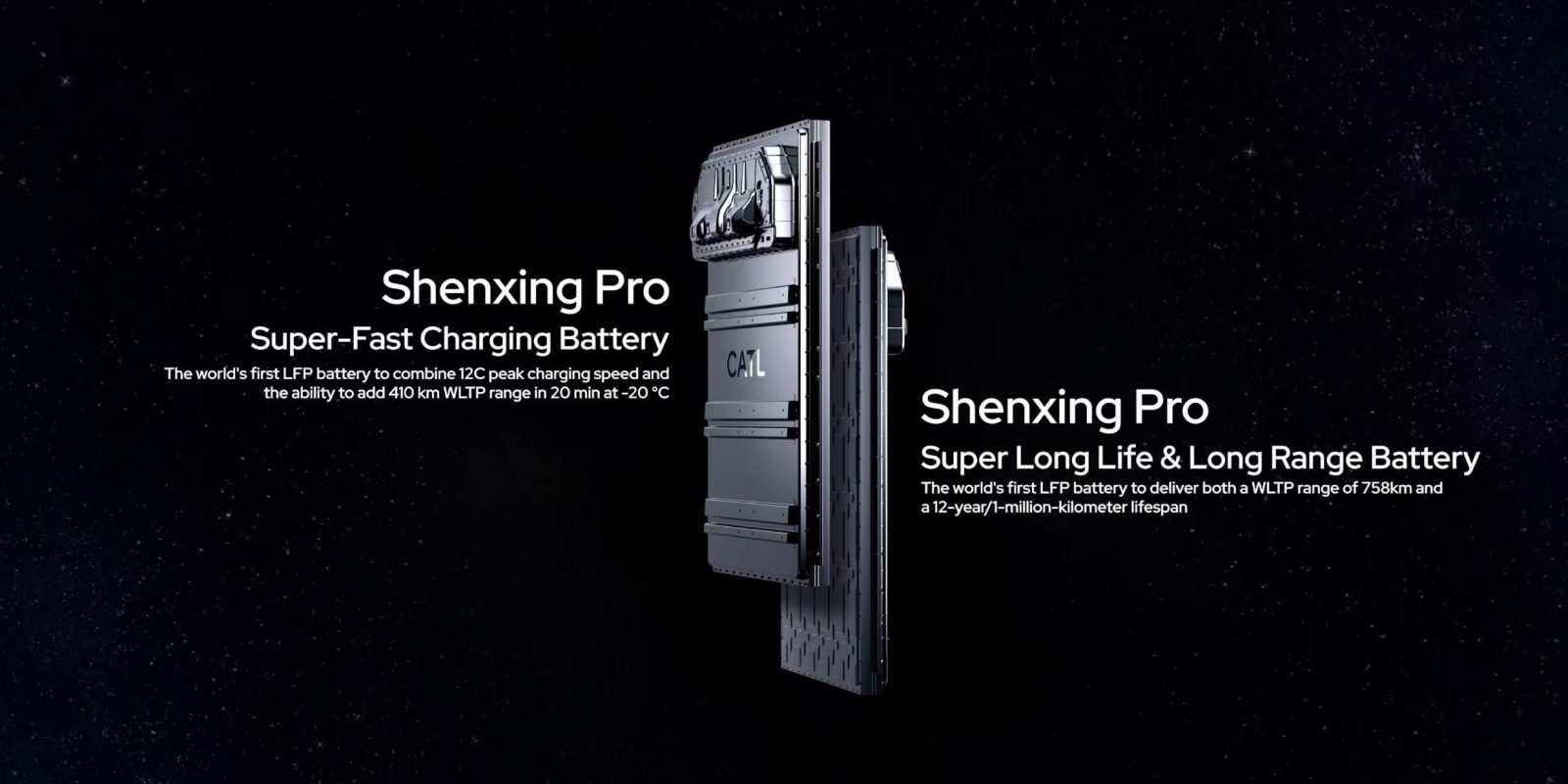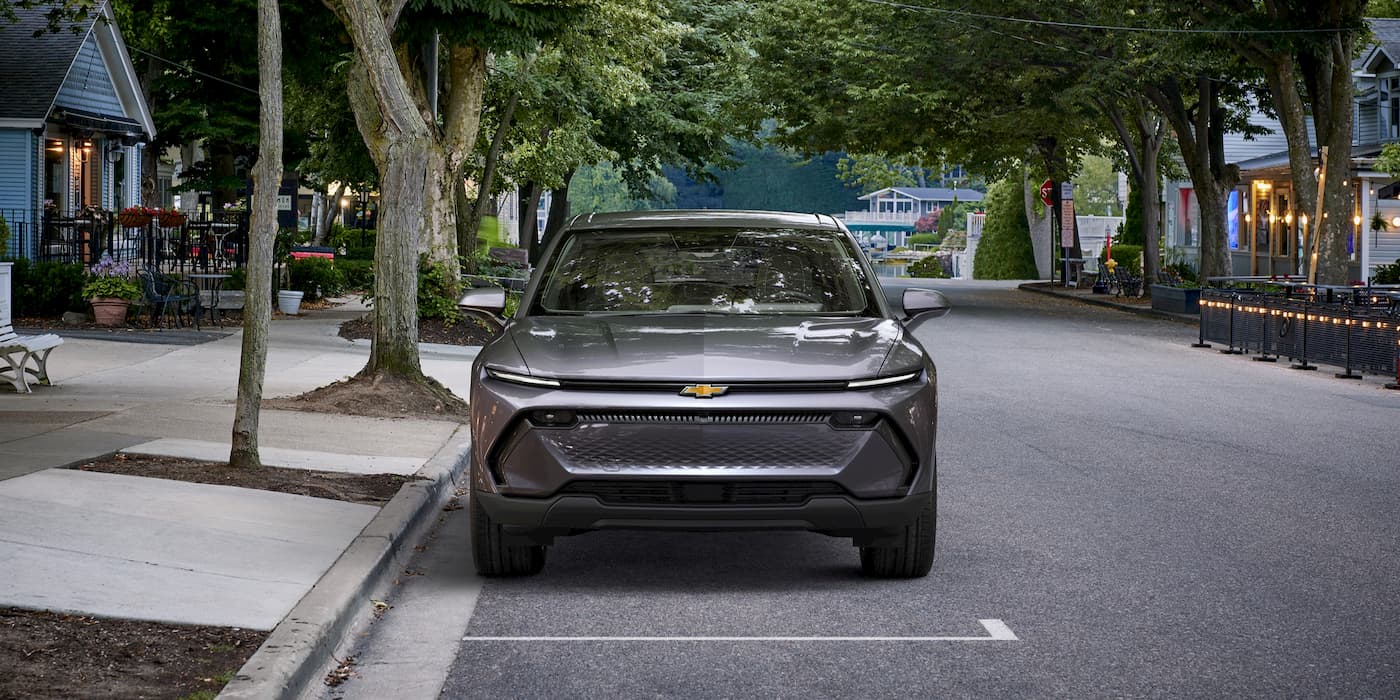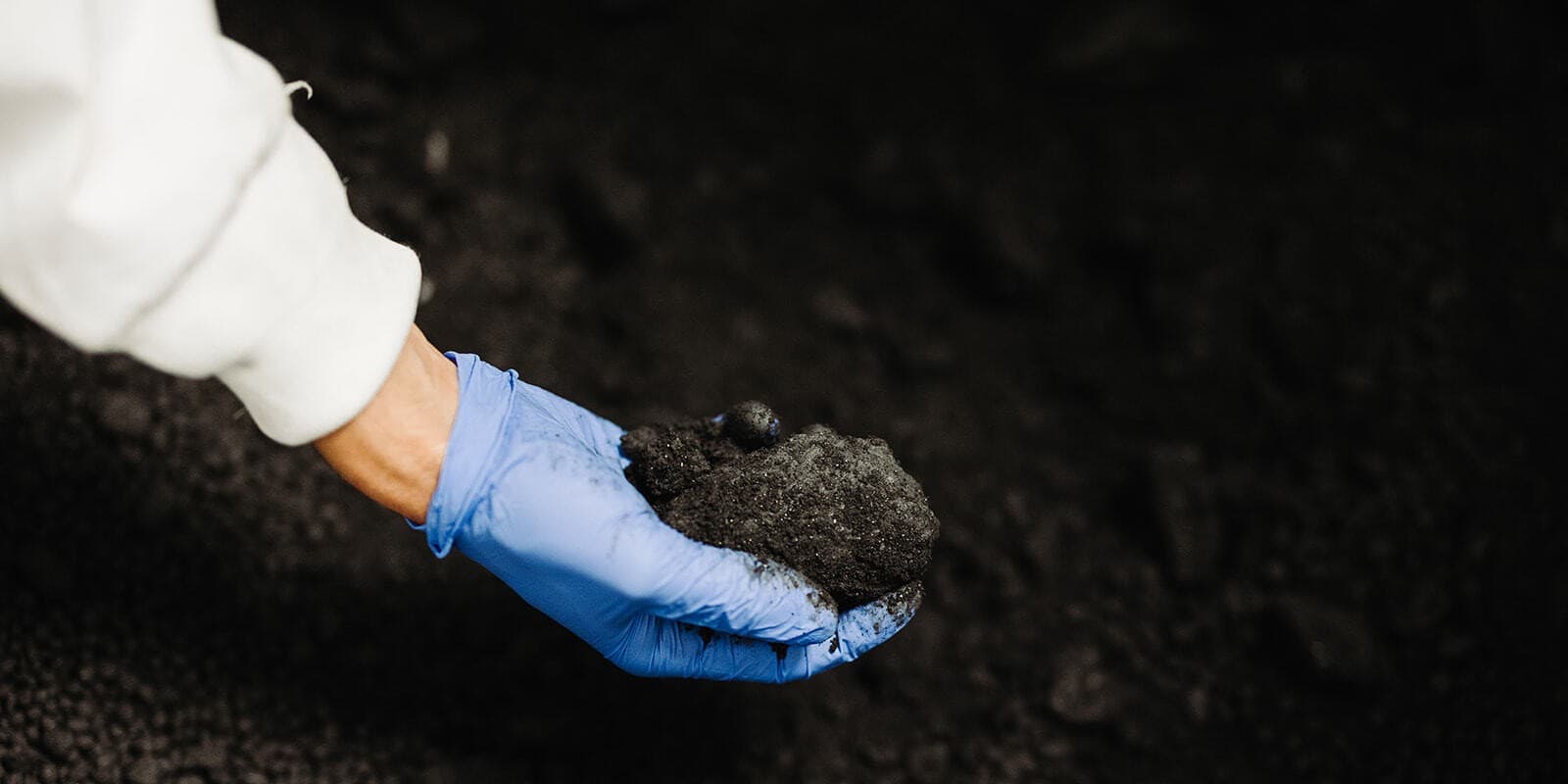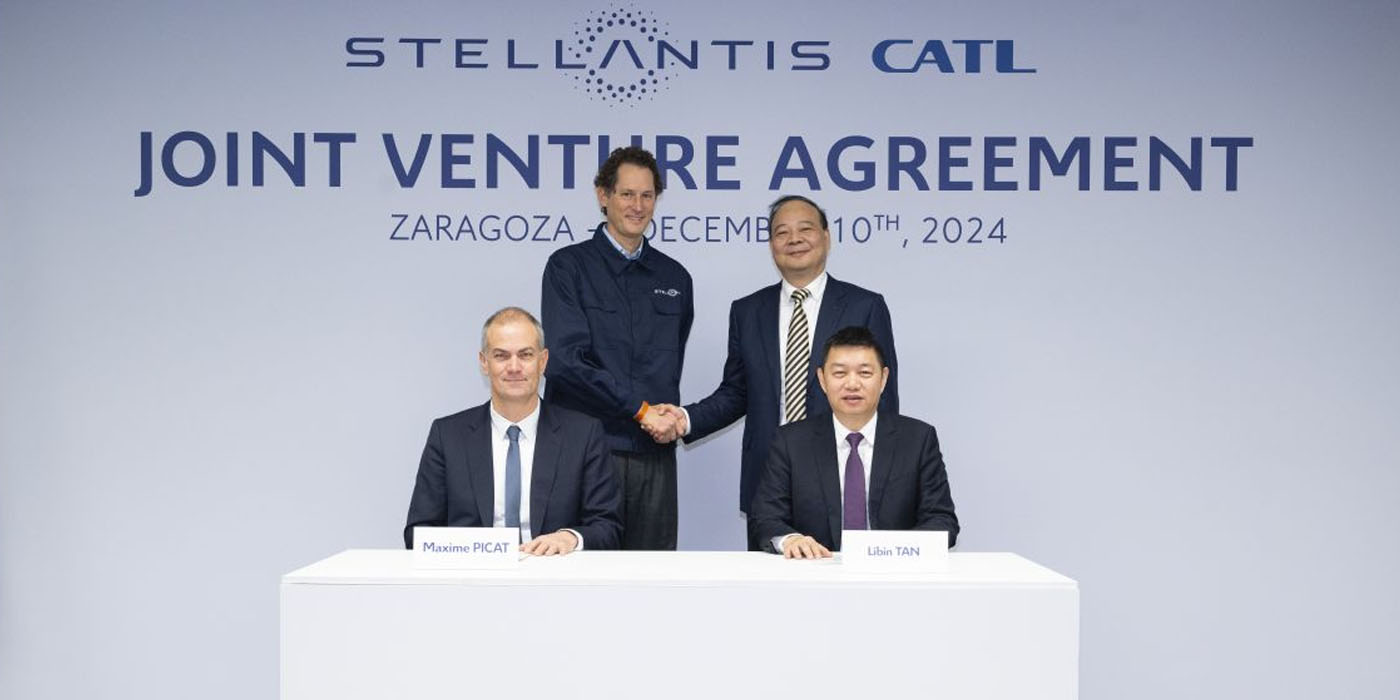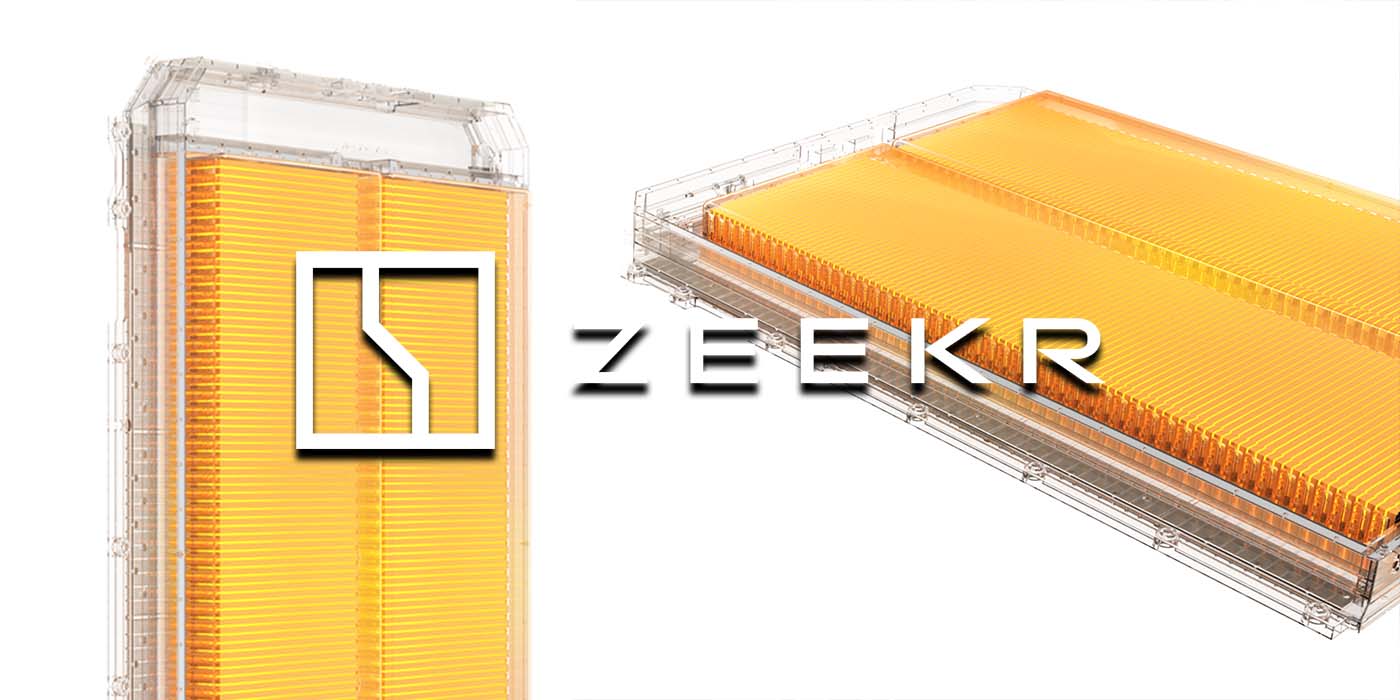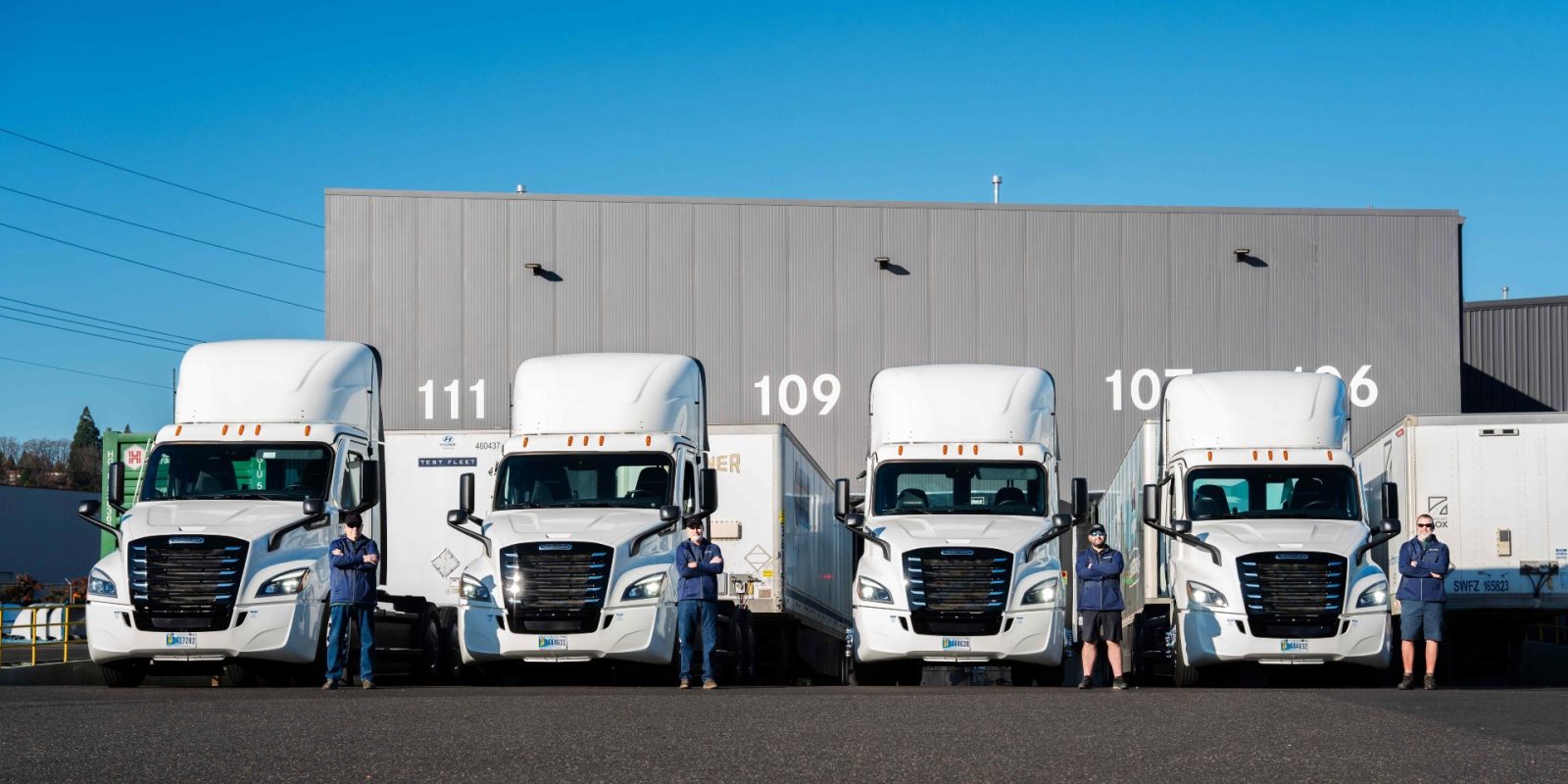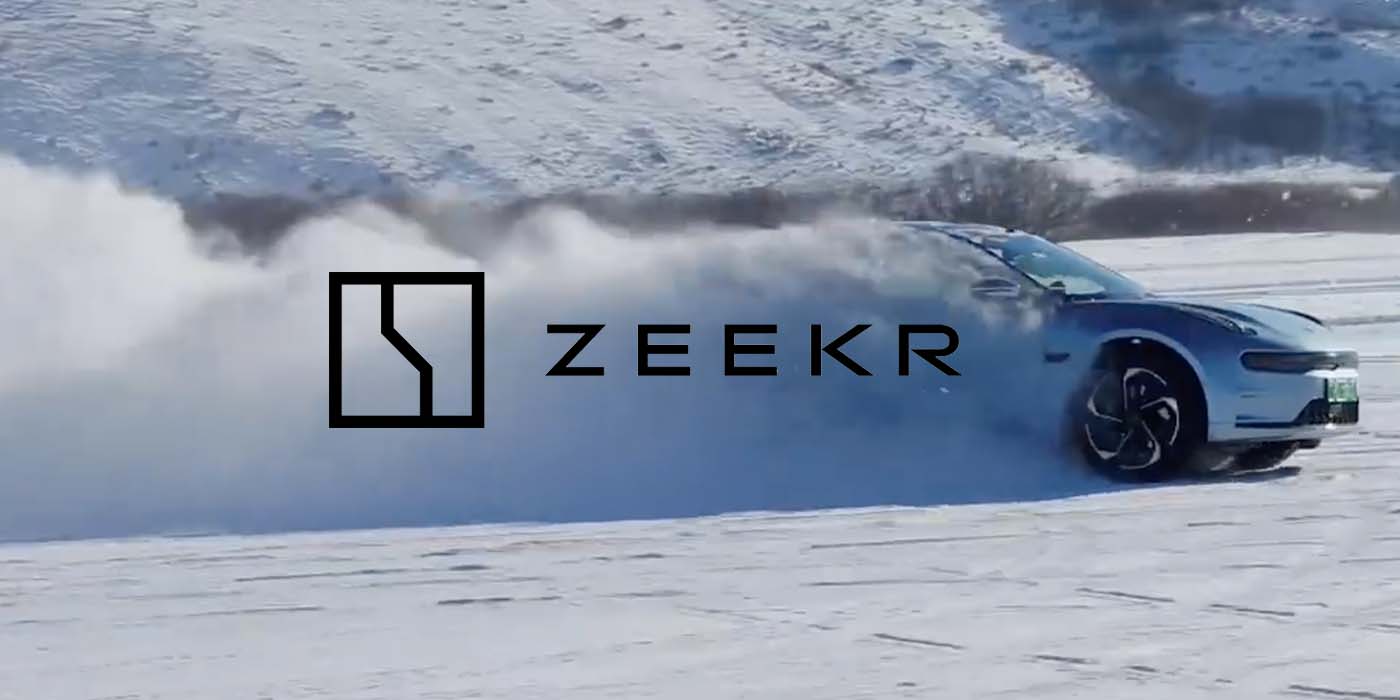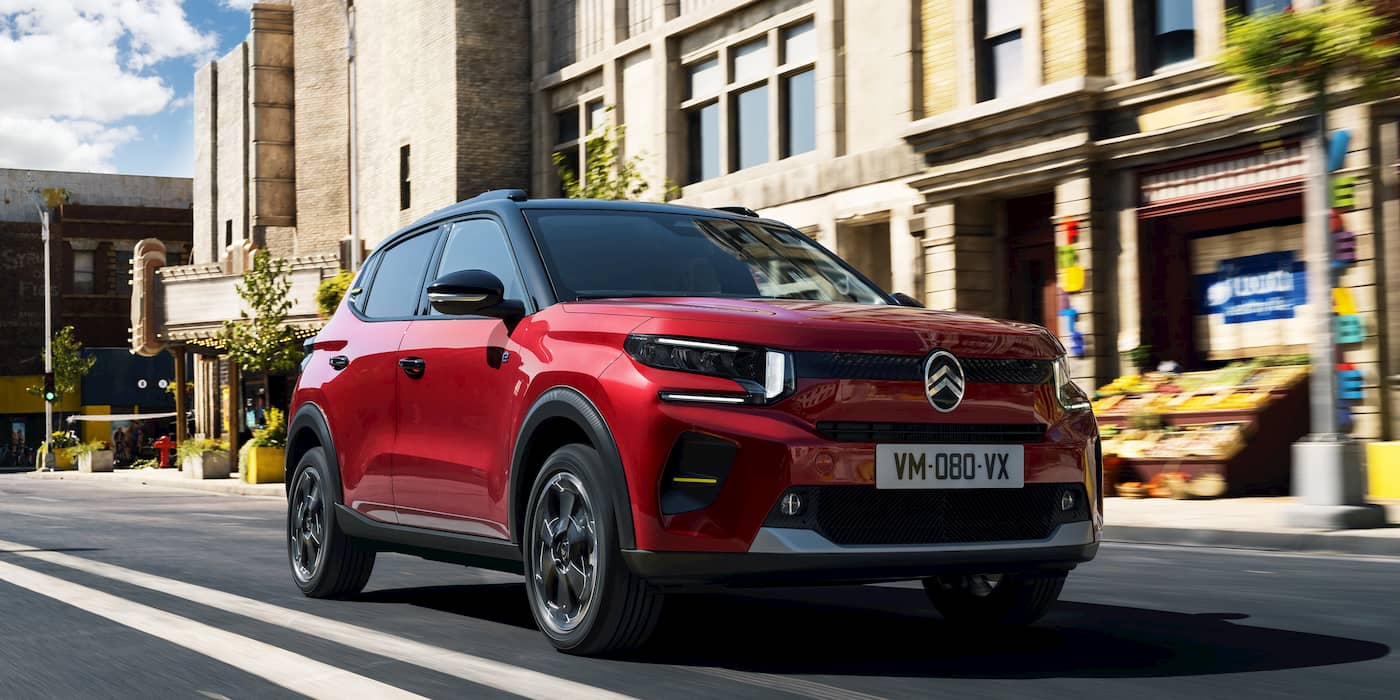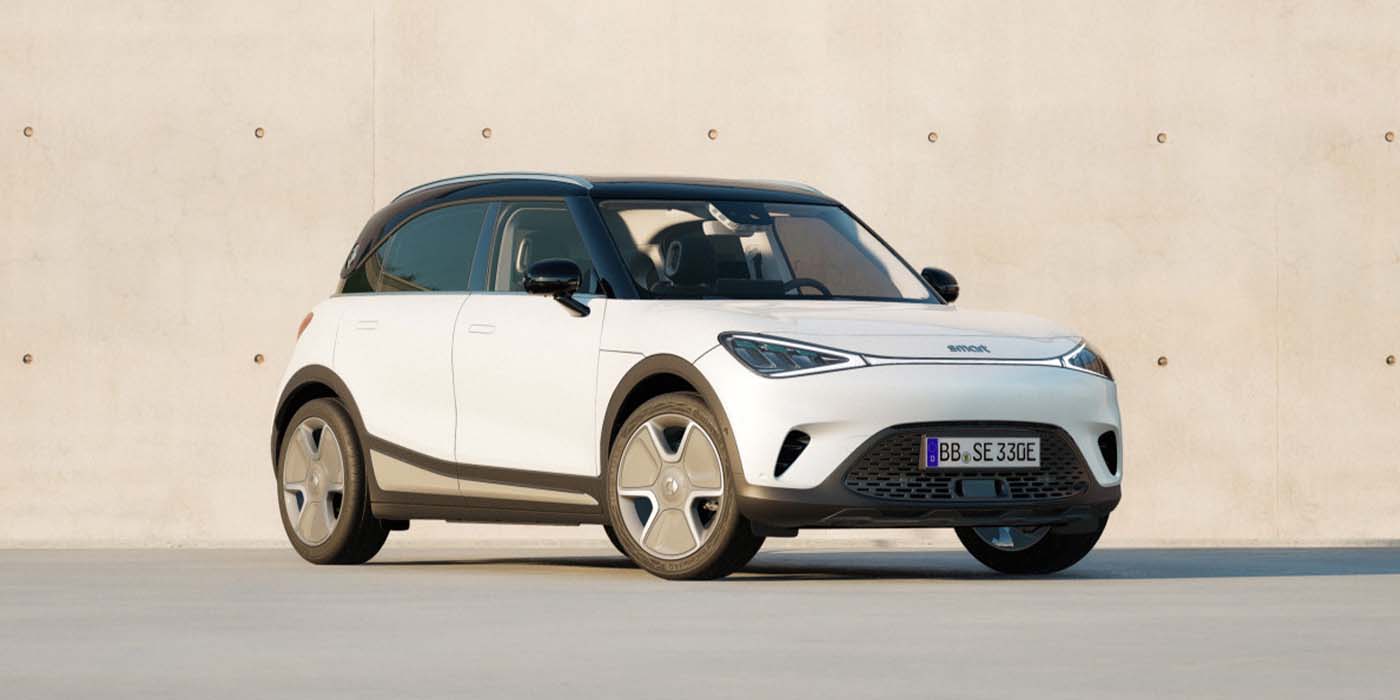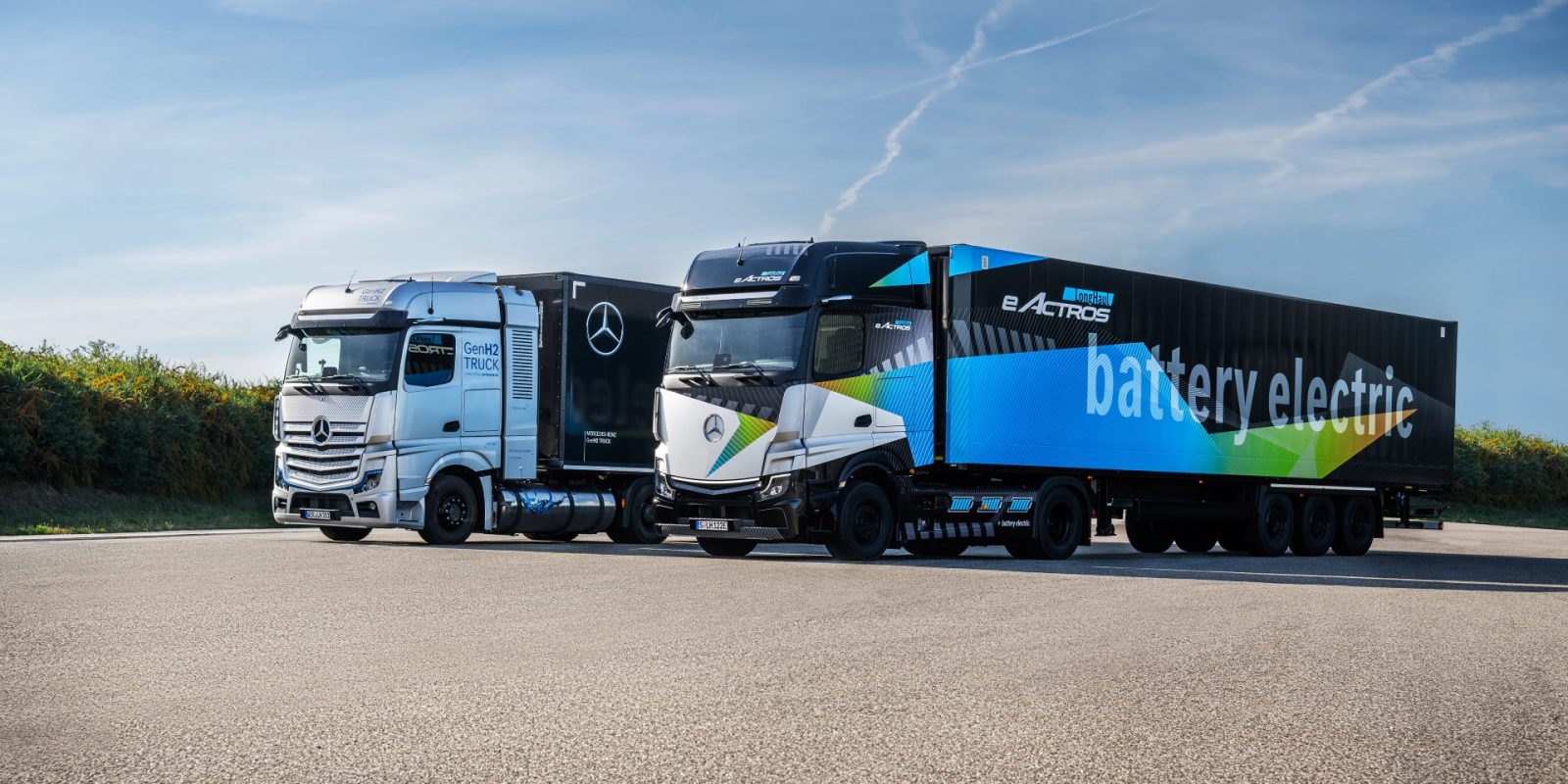Renault says a desirable $20,000 EV is coming – and it’s NOT made in China
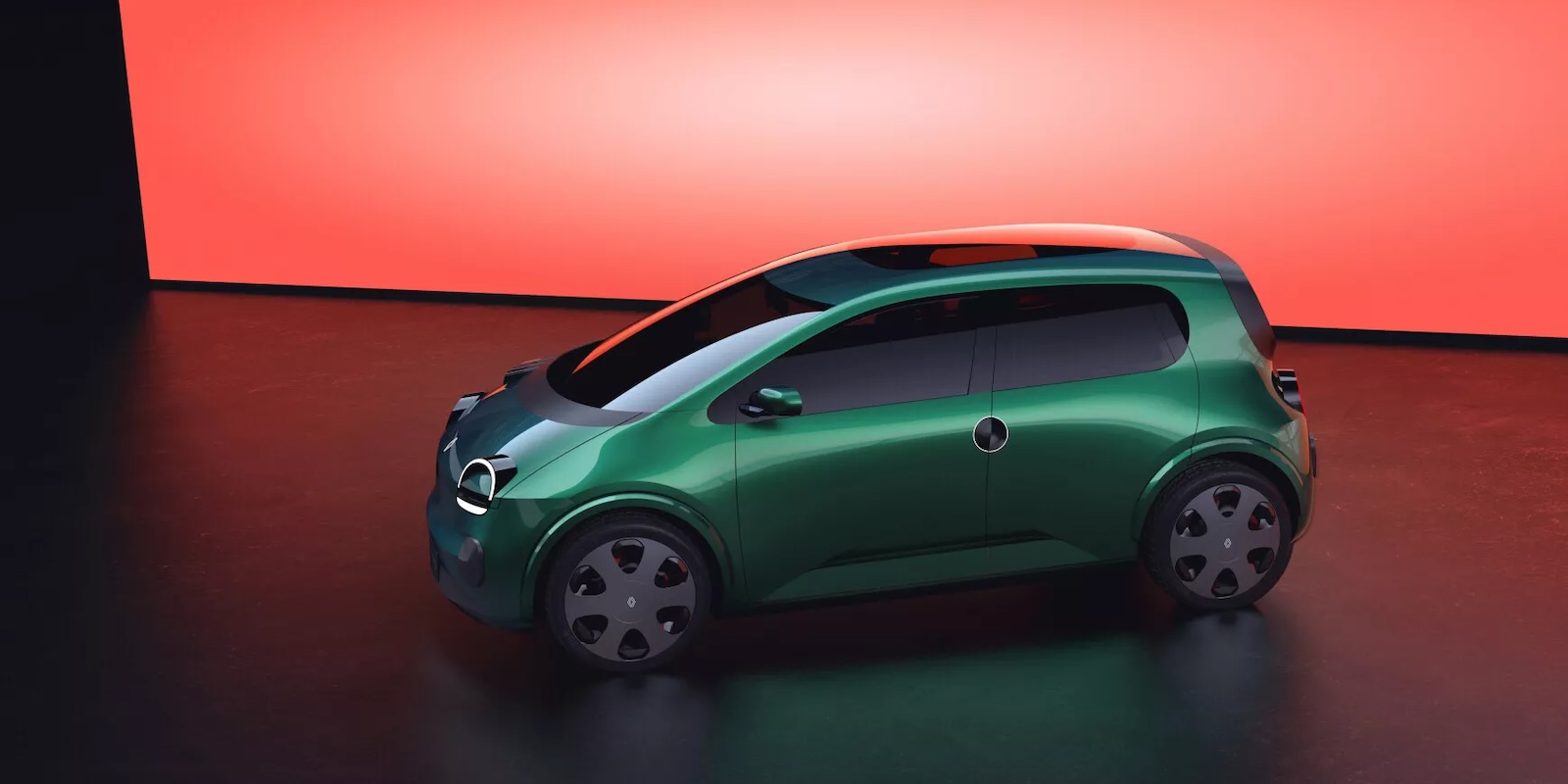
French car brand Renault believes they’ve got the key to more affordable EV batteries, and their new LFP tech promises to slash the costs of production by 40%. The result? New, desirable EVs with a sub-20K price tag that aren’t made in China.
Expand Expanding Close